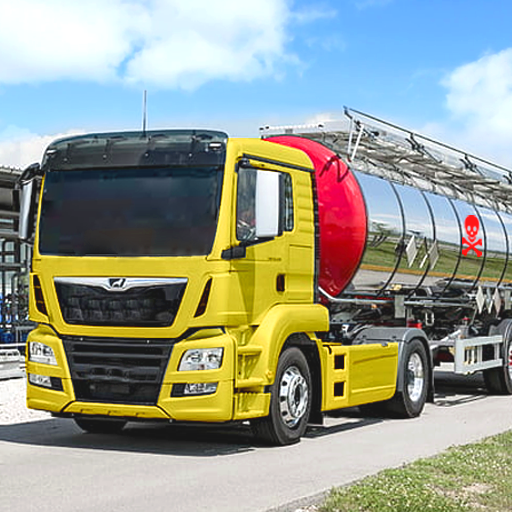The relentless march of technology sees us upgrading our gadgets every few years – new iPhones, struggling processors, and graphics cards overwhelmed by modern games. Outdated hardware often ends up resold or discarded. Yet, surprisingly, many older devices remain functional and even crucial in unexpected ways. Here are eight examples showcasing the enduring relevance of vintage tech.
Table of Contents
- Retro Computers Mining Bitcoin
- A Reliable Mechanic's Assistant Since the '80s
- Vintage Tech as a Bakery POS System
- Outdated Systems Managing Nuclear Arsenals
- Windows XP Powers Multi-Billion Dollar Aircraft Carrier
- Critical Airport Infrastructure Fails Due to Legacy Software
- Classic Hardware Used for Cutting-Edge Research
- Nostalgia Keeps Old Systems Alive
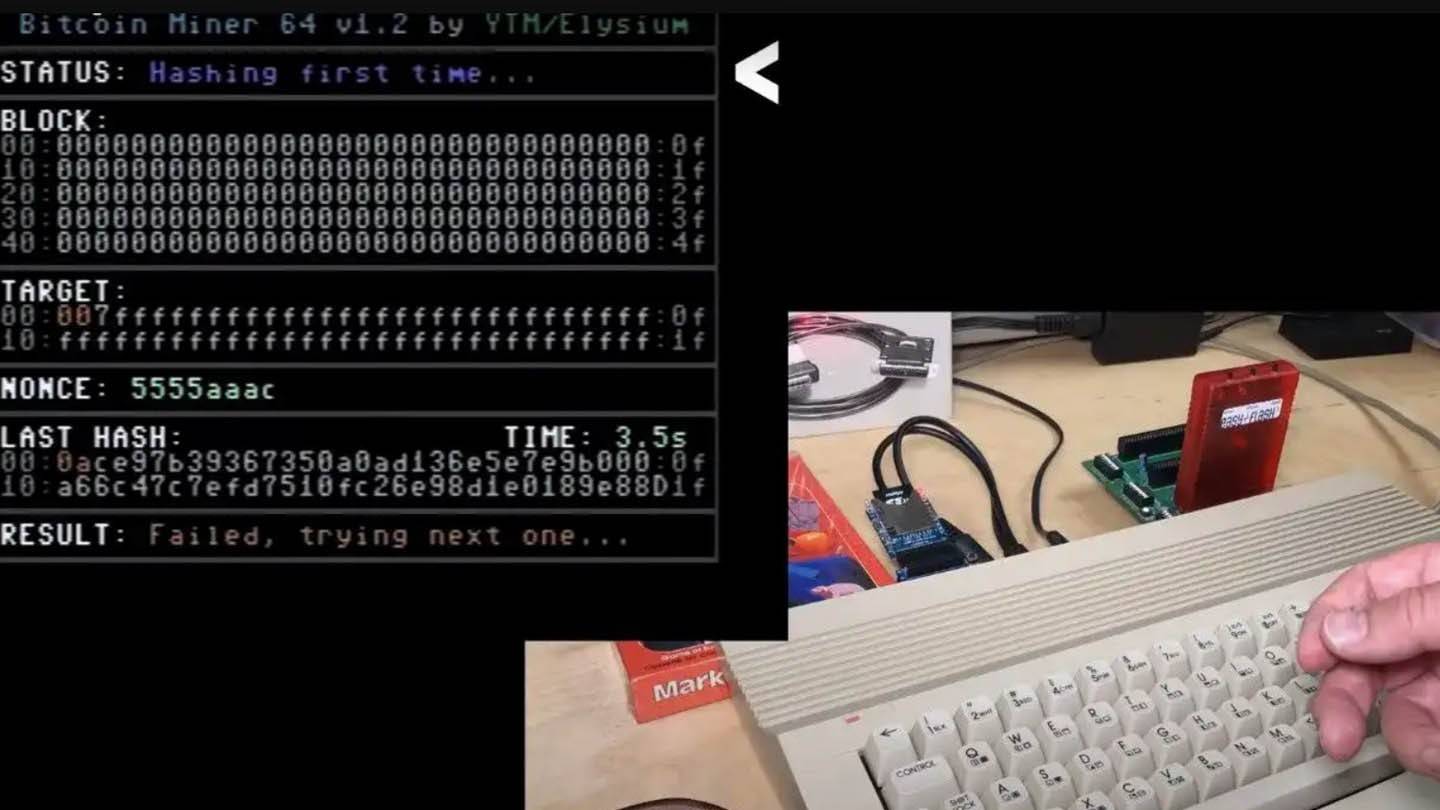 Image: x.com
Image: x.com
A notable enthusiast demonstrated Bitcoin mining on a 1982 Commodore 64. However, its 8-bit, 1 MHz processor yields a paltry 0.3 hashes per second, compared to an RTX 3080 GPU's 100 million hashes per second. Mining a single Bitcoin on the C64 would take approximately a billion years. Similarly, a YouTuber used a 1989 Nintendo Game Boy (via a Raspberry Pi Pico) to mine Bitcoin at 0.8 hashes per second – significantly slower than modern ASIC miners.
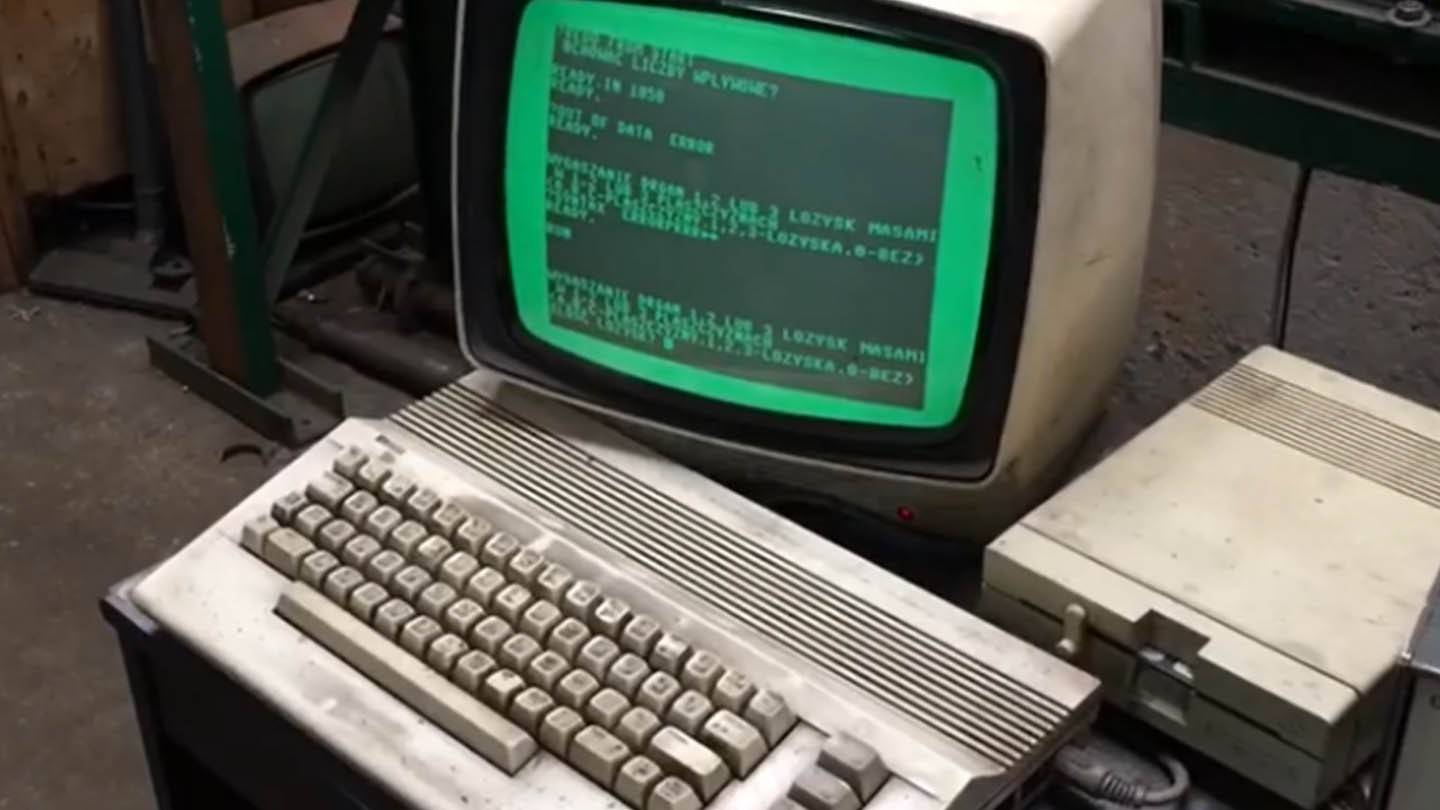 Image: x.com
Image: x.com
A Commodore 64C in Gdansk, Poland, has assisted mechanics for over 30 years, even surviving a flood. Its 1 MHz CPU and 64 KB of RAM flawlessly run custom software for drive shaft calculations, demonstrating the longevity of simple, reliable technology.
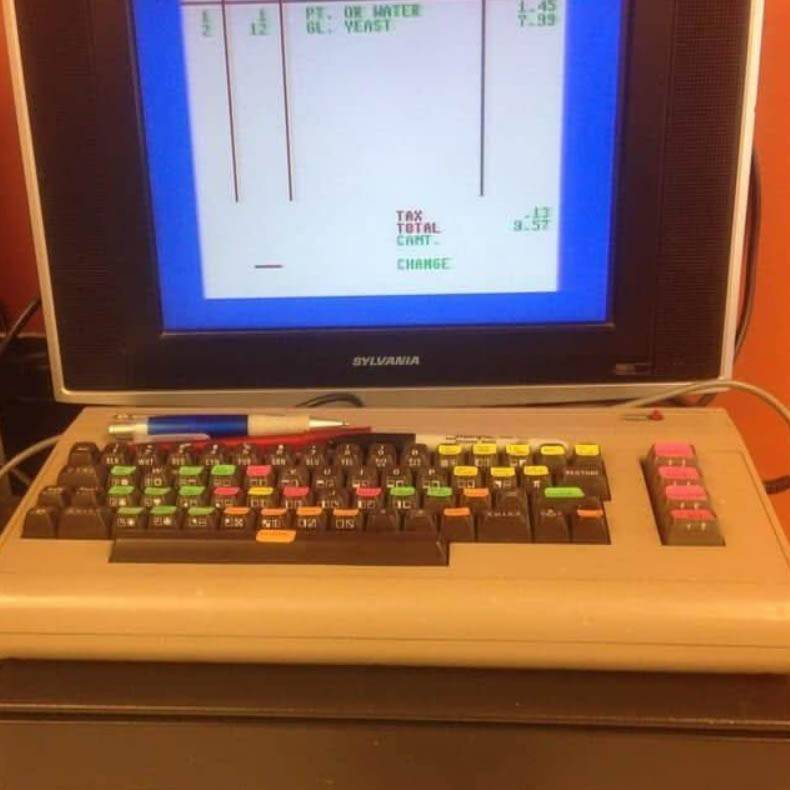 Image: x.com
Image: x.com
An Indiana bakery has used a Commodore 64 as its point-of-sale (POS) system since the 1980s. Affectionately nicknamed the "breadbox," this reliable system, requiring only keyboard label updates for new baked goods, avoids the software update headaches of modern POS systems.
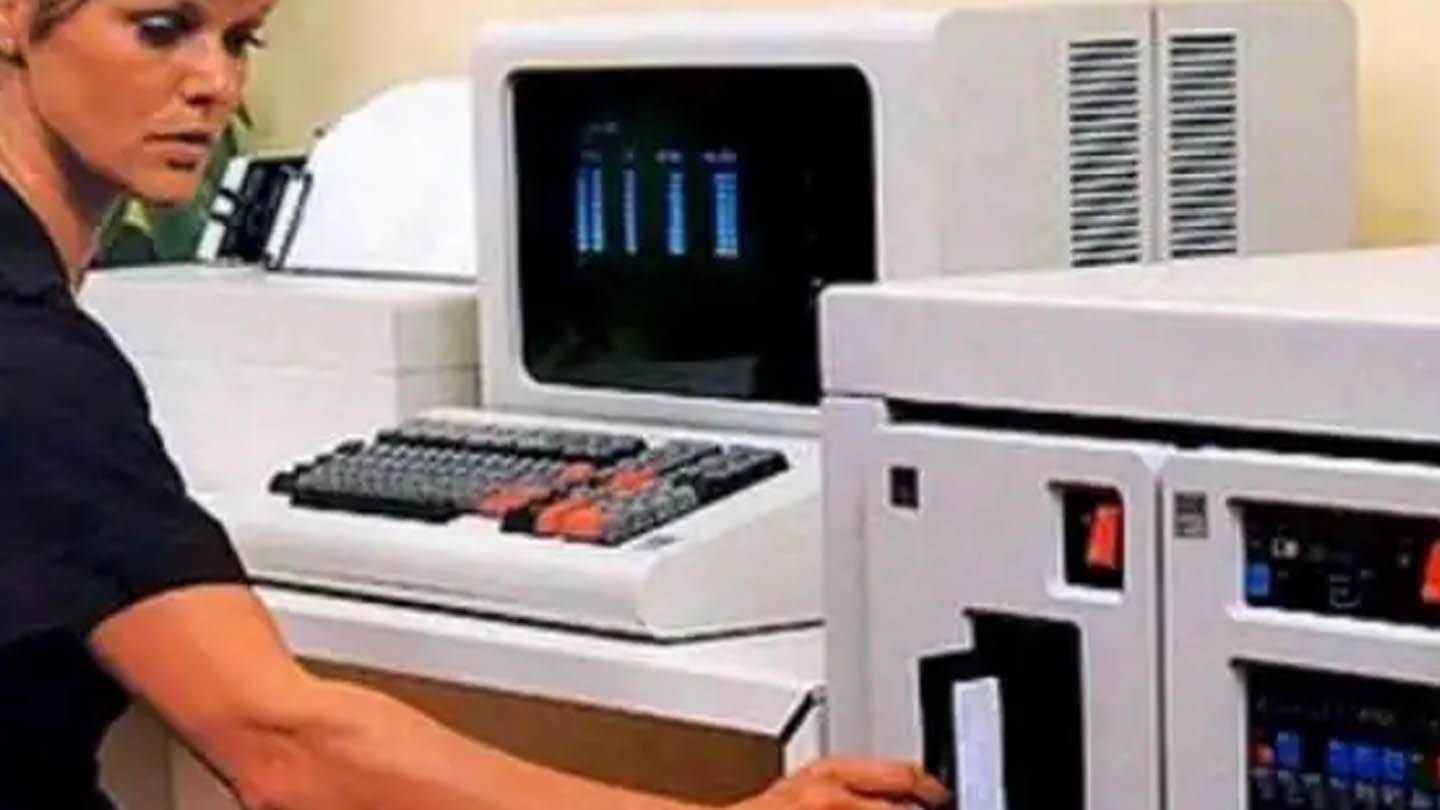 Image: x.com
Image: x.com
The United States utilizes a 1976 IBM computer, using 8-inch floppy disks (approximately 80 KB), to manage its nuclear arsenal. While modernization is planned, the current system's reliability ensures its continued use. Similarly, German Brandenburg-class frigates, despite modern weaponry, rely on 8-inch floppy disks. Upgrades are underway, including floppy disk emulators, but the original system persists.
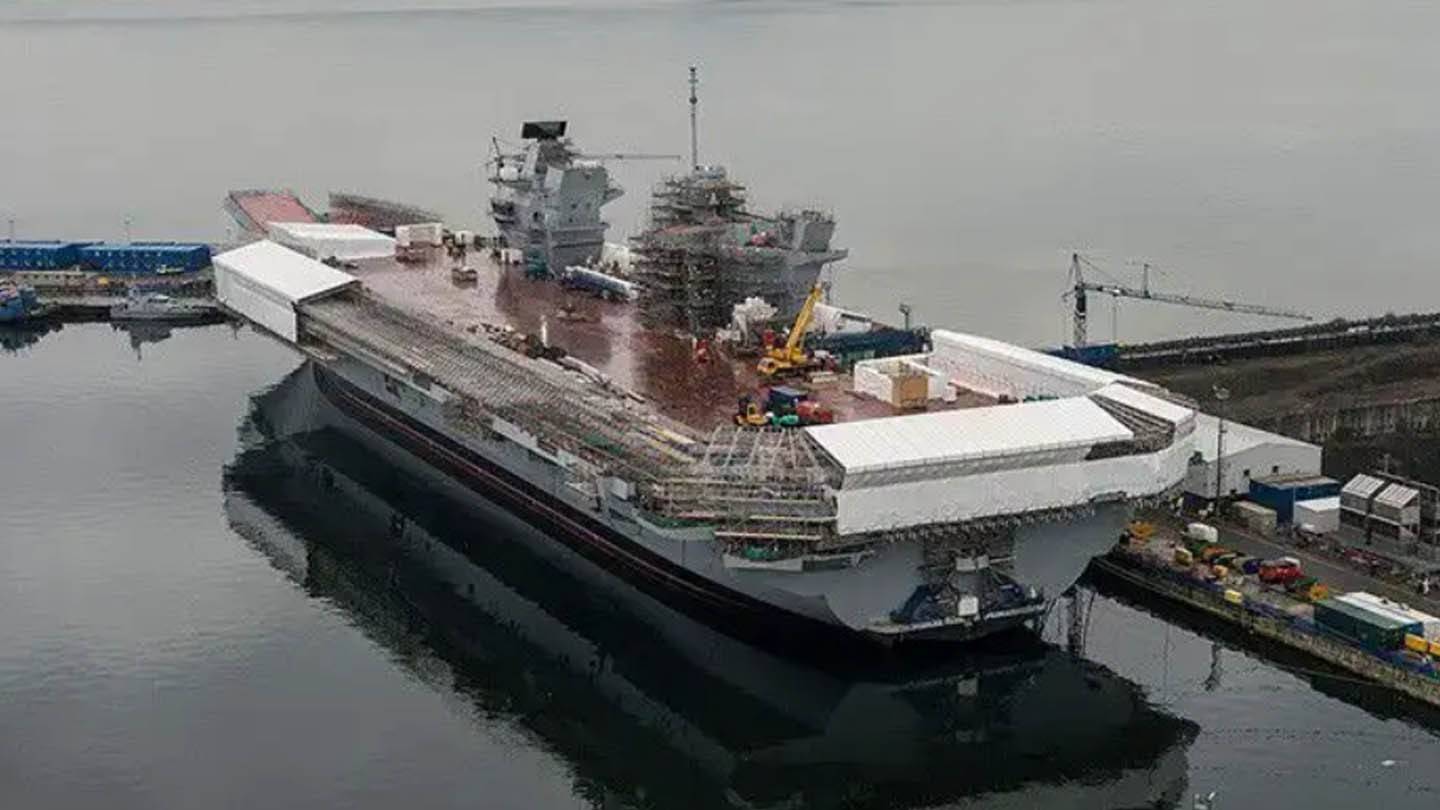 Image: x.com
Image: x.com
The British HMS Queen Elizabeth aircraft carrier, costing billions, runs on Windows XP (support ended in 2014). While the Royal Navy assures security measures are in place, this reliance on outdated software is noteworthy. Similarly, Britain's Vanguard-class submarines use Windows XP for missile management, remaining offline for security reasons until planned updates in 2028.
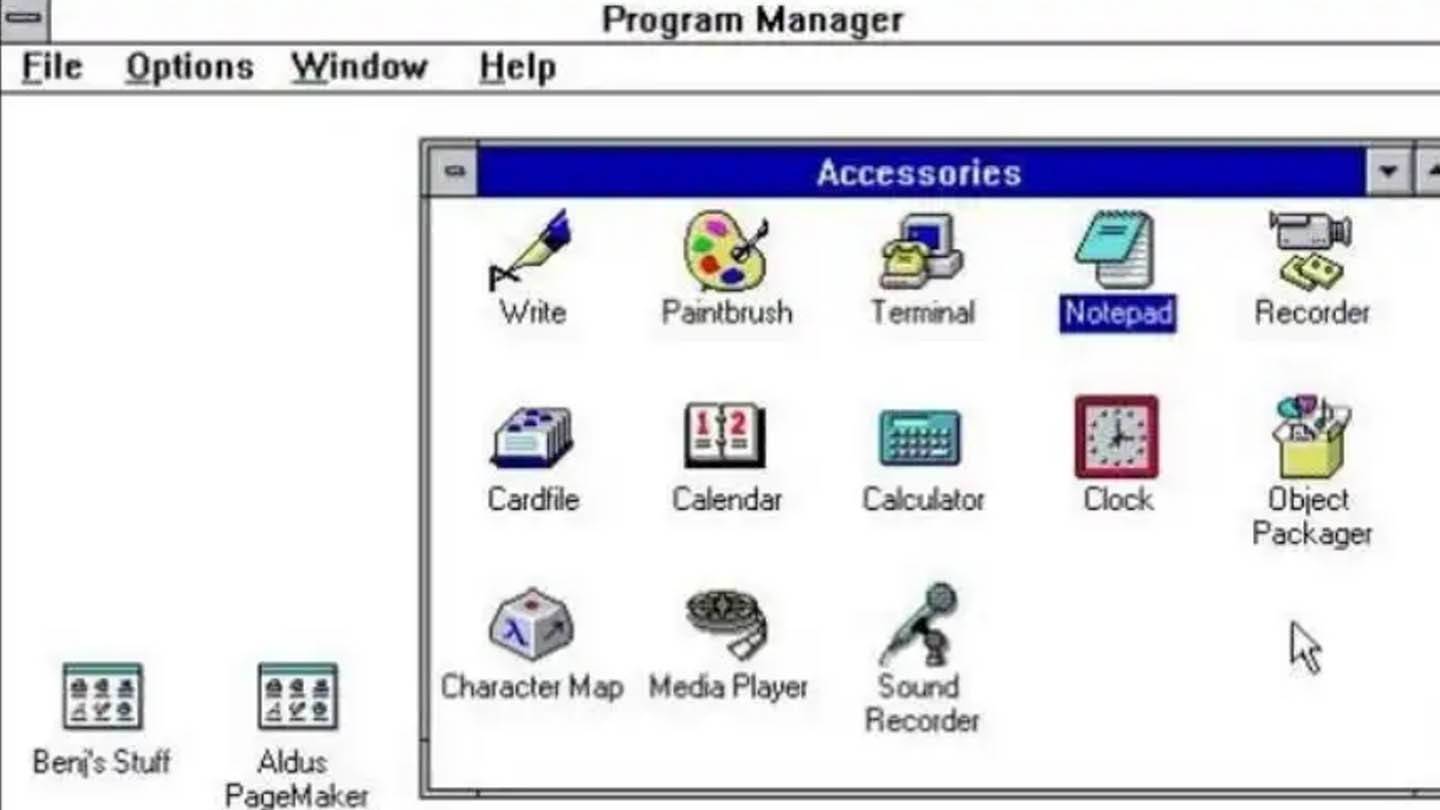 Image: x.com
Image: x.com
In 2015, Paris Orly Airport experienced a system failure due to a Windows 3.1 crash, halting weather data provision to pilots and causing flight disruptions.
Classic Hardware Used for Cutting-Edge Research
Retro computers, such as the Commodore 64, find applications in educational settings, teaching programming fundamentals and simulating basic physics experiments. Their simplicity aids in understanding core computing concepts.
Nostalgia Keeps Old Systems Alive
Beyond practical uses, many organizations maintain legacy systems due to familiarity and established workflows, highlighting the enduring value of familiar tools and avoiding costly replacements.
These examples illustrate the surprising resilience of outdated technology, fulfilling critical roles across various sectors. From cryptocurrency mining to global defense systems, legacy tech's simplicity and reliability endure, reminding us of their lasting value. While upgrades are inevitable, these systems highlight the enduring power of proven technology.
 Home
Home  Navigation
Navigation






 Latest Articles
Latest Articles










 Latest Games
Latest Games








